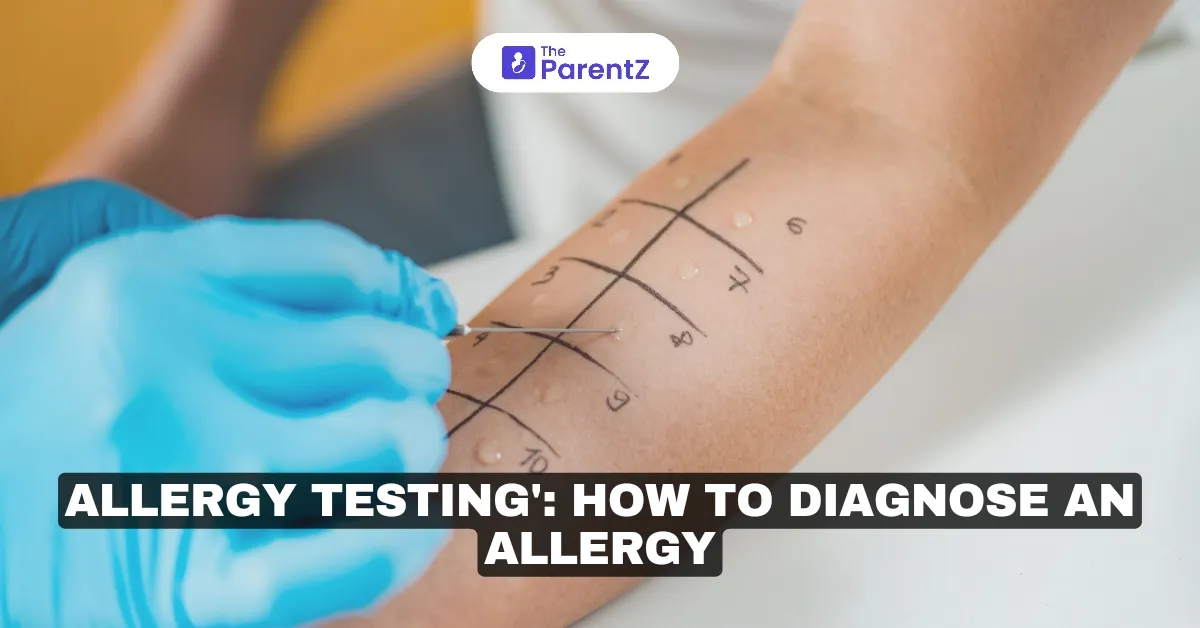Indeed, allergies can impact a person’s life in several aspects, from constant sneezing to life-threatening complications. Despite this, many people actually live with undiagnosed allergies without even knowing what actually triggers them. Therefore, allergy testing is considered essential when it comes to diagnosing allergens and following the best approach to reduce the risk of allergic responses.
Perhaps if you want to know what’s exactly the cause of your allergy symptoms, allergy testing is the way to go. Read below this article to explore the different types of allergy tests and what you need to know about them.
Types of Allergy Testing
From skin prick tests to oral food challenges, here is a quick guide to some of the scientifically approved allergy testing procedures.
Skin Prick Test
The skin prick test is one of the most commonly used diagnostic methods, which involves exposing the skin to small amounts of potential allergens to observe an allergic reaction. In this diagnostic procedure, a small drop of allergen extract is placed on the skin, particularly on the forearm or back and the skin is then pricked lightly to allow the allergen to penetrate.
Results are typically visible within 15-20 minutes. And any positive reaction is indicated by a raised, itchy bump, similar to a mosquito bite.
Pros:
- Quick and cost-effective
- Can test for multiple allergens at a time
Blood Test (Specific IgE Testing)
For people having severe eczema or those on antihistamines, or, in short, the ones for whom a skin test isn't practical, a blood test is conducted. This test works by measuring the levels of immunoglobulin E (IgE) antibodies in your blood, which are produced as a response to an allergen.
Further, the lab then identifies the specific allergen behind the cause of increased IgE levels in the blood.
Pros:
- Suitable for all ages
- No risk of allergic reaction during diagnosis
Patch Testing
Patch testing is commonly used to diagnose contact allergies and identify delayed allergic reactions to substances such as metals, fragrances, or latex. In this method, small patches containing allergen samples are placed on the skin, particularly on the back, for about 48 hours.
The reactions are generally observed for several days, and any reactions, such as redness or swelling, confirm the allergens.
Pros:
- Best for contact dermatitis
- Noninvasive diagnostics
Oral Food Challenge
An oral food challenge is usually conducted to diagnose any food allergies. In this procedure, which happens under medical supervision, the patient consumes small, measured amounts of the suspected food allergen to notice any possible reaction.
Pros:
- Direct results
- Confirms any food allergies
What To Expect After Allergy Testing?
Once your allergens have been identified, the doctor will recommend some precautions and a plan. Here are some key aspects.
- Avoid The Triggers:
You will be recommended to steer clear of the known allergens to avoid any risk of allergic reactions.
- Medications:
The doctor will perhaps recommend using certain antihistamines, decongestants, or corticosteroids depending on the severity.
- Immunotherapy:
In some allergy cases, allergy shots or sublingual tablets are recommended to reduce sensitivity over time.
- Emergency Plan:
For severe allergic reactions, an epinephrine auto-injector, such as an EpiPen, needs to be carried for emergency situations.
Takeaway
Allergies affect almost one out of every five people worldwide. These figures further emphasise the need for allergy testing when it comes to identifying the allergens to stay safe. Even if it's as little as seasonal sneezing or as complicated as life-threatening food reactions, allergy testing is a gold standard, especially when it's about your overall health. If you suspect any allergy symptoms, visit your medical provider immediately.








Be the first one to comment on this story.